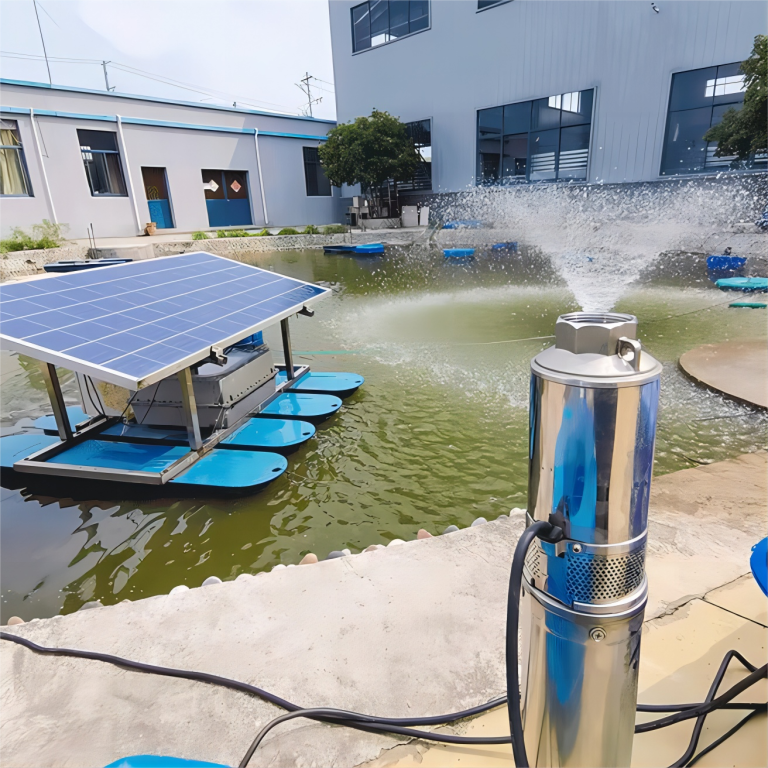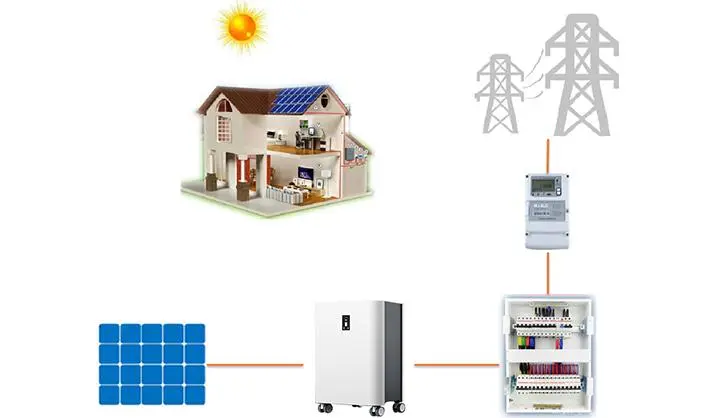-
+86-13287028881
-
joymeetrade@gmail.com
“Optimizing Power Solutions”:Photovoltaic + diesel engine complementary power generation system”Optimizing Power Solutions”:
Many remote or island areas, where grid coverage is insufficient and the grid is unstable, often resort to diesel power generation. However, diesel generators pose several challenges. Firstly, once a generator fails in such remote locations, timely repairs are difficult, inevitably affecting work and life. Secondly, the noise and pollution generated by diesel generators remain unresolved.
In addition, diesel power generation is unstable, leading to poor power quality that quickly impacts the load. Pure photovoltaic power generation struggles to meet actual load demand effectively.
The light-wood complementary power generation system offers a solution to these problems. This hybrid system integrates photovoltaic and diesel power generation, enhancing power supply quality through automatic voltage regulation. When photovoltaic power generation alone cannot meet demand, the system seamlessly switches to the diesel generator to ensure continuous power generation.

This system offers several advantages:
- Cost Comparison: Diesel power generation is more expensive, with higher operating costs due to fuel consumption and maintenance. In contrast, photovoltaic power generation is more economical, with lower kilowatt-hour (KWH) costs and simpler maintenance requirements.
- Power Station Control Logic: The system’s control logic ensures efficient utilization of both photovoltaic and diesel power generation based on load demand. This dynamic adjustment optimizes energy efficiency and reduces waste.
- Environmental Benefits: Photovoltaic power generation produces fewer carbon emissions compared to diesel generators, contributing to environmental sustainability and reducing the carbon footprint of power generation in remote areas.
Advantages of Hybrid System:
- Better Renewable Energy Utilization: The hybrid system maximizes the utilization of renewable energy by complementing it with diesel generation, reducing energy wastage during periods of low renewable energy production.
- Improved System Practicality: By reducing load shortages, the hybrid system ensures a more reliable power supply, meeting demand even during fluctuations in renewable energy availability.
- Reduced Maintenance and Fuel Consumption: Compared to standalone diesel generators, the hybrid system requires less maintenance and consumes less fuel, leading to cost savings over the system’s lifespan.
- High Fuel Efficiency: Integrated control allows the diesel engine to operate near its rated power, improving fuel efficiency, particularly under low loads where standalone diesel generators are less efficient.
- Flexibility in Load Matching: The hybrid system offers better flexibility in matching loads, accommodating larger AC loads and peak load periods more effectively, enhancing overall system performance and adaptability.
In conclusion, the light-wood complementary power generation system presents a comprehensive solution that addresses the challenges of diesel power generation in remote areas while offering economic, environmental, and operational benefits.




